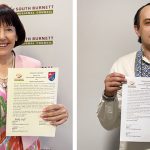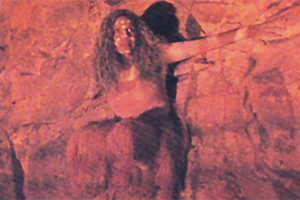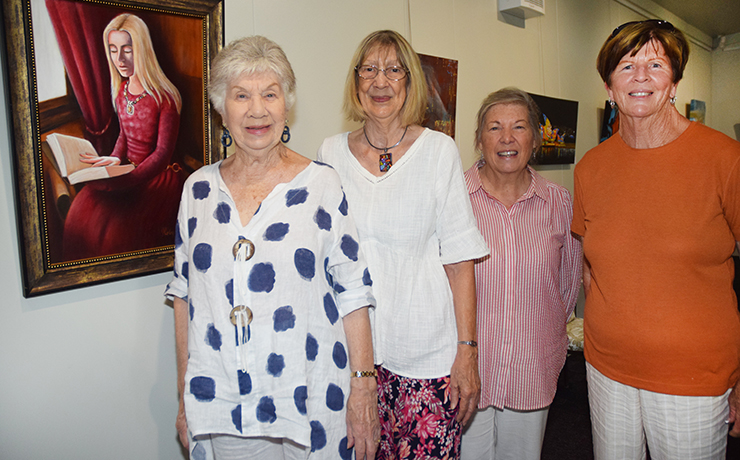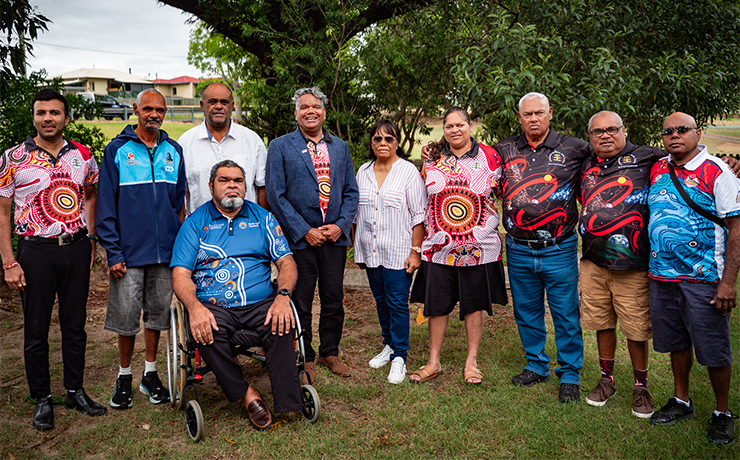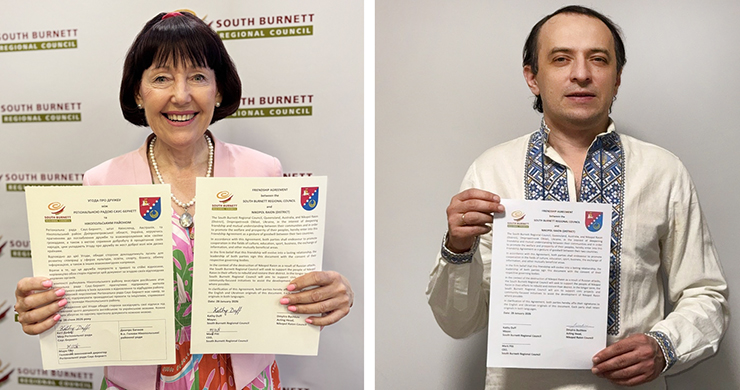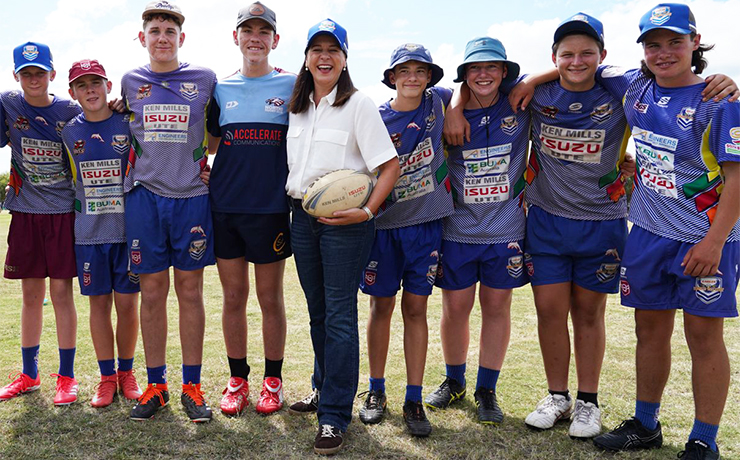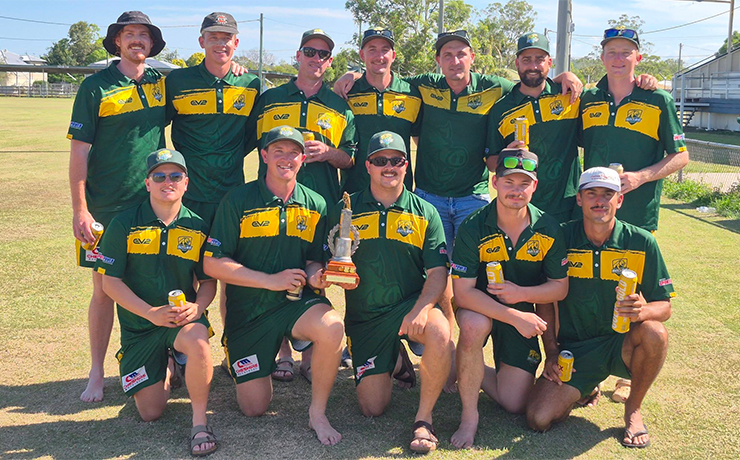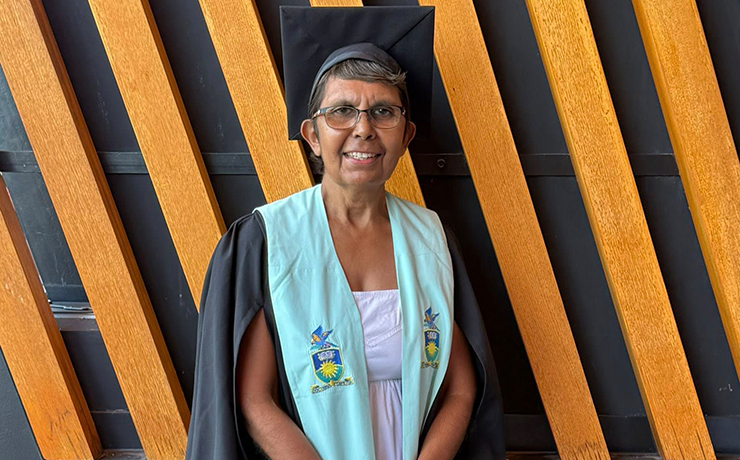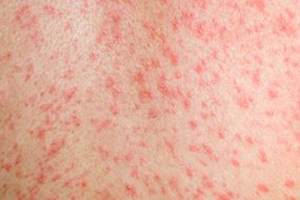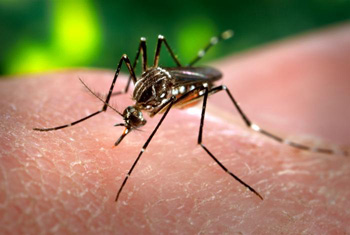
February 21, 2013
Mosquitoes capable of spreading dengue fever have been found in the South Burnett.
Dengue fever is an infectious tropical disease which causes headaches, muscle and joint pains and skin rash; in rare cases it can lead to dengue haemorrhagic fever but it is rarely fatal.
In the past, dengue mosquitoes, Aedes aegypti, were found right across Queensland but in recent years they have been confined mostly to north Queensland.
The mosquitoes in the South Burnett were located during a routine survey conducted recently by Queensland Health and the South Burnett Regional Council.
“The purpose of the survey was to check what species of mosquito were in the area and in particular check that the mosquito known as Aedes aegypti or dengue mosquito had not moved in,” Council’s natural resources spokesperson Cr Kathy Duff said.
“We have received the results back from Queensland Health and have been notified that the dengue mosquito was found in the Burnett Region.
“Council is liaising with Queensland Health and leading mosquito experts on how to respond to this finding.”
|
Aedes aegypti can transmit Ross River and Dengue virus to people, but only if they bite someone first who is already infected with the virus.
“There is no report on anyone (in the South Burnett) having the dengue fever virus at this point in time,” Manager Environmental Services Craig Patch said.
“However previously there have been people with the virus in South Burnett who were infected from other regions of Queensland.
“The South Burnett Region has been fortunate not to have had an outbreak of dengue fever but we cannot afford to be complacent. Council is urging residents to take action and reduce the chance for this mosquito to breed.”
Eliminating mosquito breeding sites will reduce the risk of people being infected with dengue fever, Ross River Virus or Barmah Forest Virus.
Aedes aegypti mosquitoes like to live and breed around people’s homes. They can hide under furniture and usually bite people indoors and during the day.
“Council would like to encourage residents to search their homes and gardens for things like buckets, old tyres, tin cans, toys, drains, gutters, plastic containers, fallen palm fronds, pot plant bases, vases, indoor plants and tip out the water and move or dispose the items so they can’t fill up with water,” Cr Duff said.
“Check rain water tanks to ensure they have screens on them so the mossies can’t breed.”
Council said it would provide further information as it takes measures to reduce the risk of the mosquito.
In 2010, Aedes aegypti mosquitoes were found in 10 locations around Goomeri which prompted a quick response from Queensland Health and Gympie Regional Council to treat potential breeding sites.
In the past, the distribution of Aedes aegypti extended much further south than it does today, up to and including Melbourne, and dengue fever cases have occurred as far south as Gosford in NSW.
In more recent times the only cases of dengue fever have been recorded in North Queensland.
Related articles









